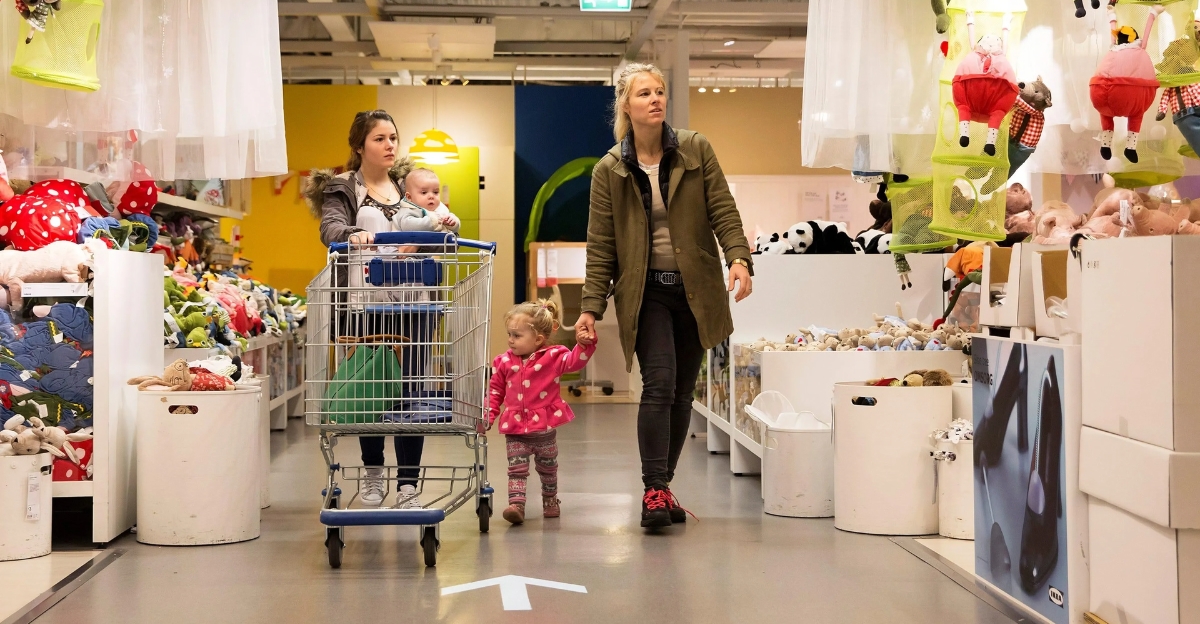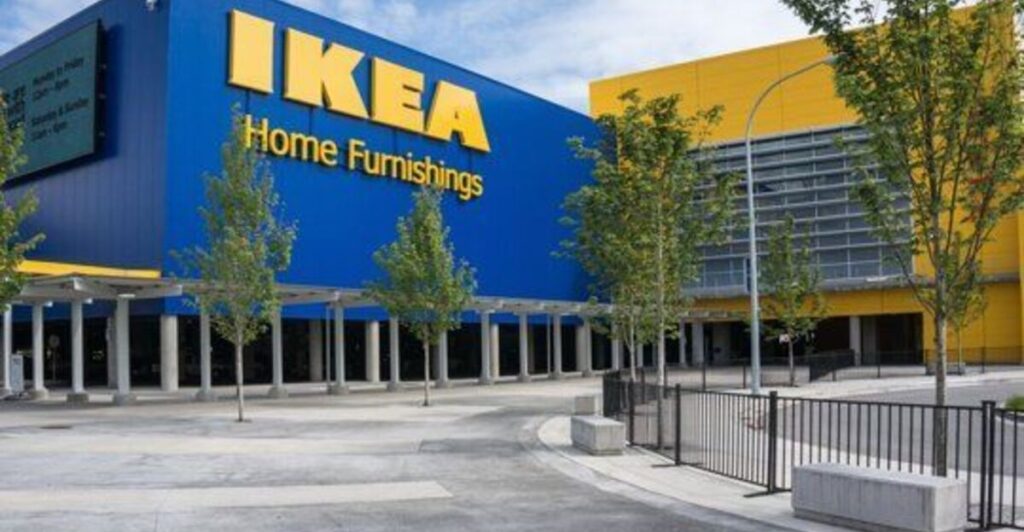
In a significant move to improve employee well-being, IKEA has announced a reduction in store working hours in Spain, aiming to improve work-life balance for its workforce. The decision comes after several months of negotiation with the Spanish labor union Confederación Sindical Independiente Fetico.
The adjustments affect store hours on Sundays, public holidays, and during the winter months, reflecting a growing trend among retailers to prioritize employee happiness over extended sales hours.
Winter Hours and Holiday Adjustments

From October 1 to April 30, IKEA stores in Spain will close at 9 p.m. — a change from previous longer hours. Stores will open on Sunday and public holidays from 10 a.m. to 7 p.m. or from 11 a.m. to 8 p.m., depending on location and day.
Special holiday hours require stores to close at 3 p.m. on Christmas Eve and New Year’s Eve and remain closed until 6 p.m. on January 5. These changes are designed to allow employees more personal time during traditionally busy retail periods.
Union Support and Employee Benefits

The union Fetico has welcomed the new schedule as a “substantial step forward” in supporting workers’ family and personal lives. Antonio Pérez, general secretary of Fetico, was happy with the deal, which he said shows proactive negotiation to improve working conditions.
IKEA Spain also provides strong benefits, including competitive pay, bonuses, pension plans, and wellness plans, reinforcing the company’s dedication to the welfare of its employees.
Context of Work-Family Balance in Europe

Europe generally leads the world in work-life balance, thanks to legislation like the European Union’s Work Life Balance Directive, which mandates reasonable paid work hours and personal time.
This is in stark contrast to the United States, where no comparable national laws promote work-life balance, though certain labor protections like the Fair Labor Standards Act and the Family and Medical Leave Act exist. European countries consistently rank among the top globally for work-life balance, while the U.S. ranks much lower.
American Retail Workers and Work-Life Balance

Some of the nation’s largest retailers, such as Target, Lowe’s, and Costco, are closed on major holidays, many remain reluctant to reduce work hours regularly, fearing sales losses.
While some American companies provide maternity leave, sick days, and mental health breaks, these benefits are not universally guaranteed or enforced by law. The U.S. cultural and regulatory environment makes widespread adoption of shorter workweeks less likely in the near term.
IKEA’s Global Approach to Employee Well-being

Beyond Spain, IKEA’s global operations prioritize flexible work arrangements and staff well-being. For example, IKEA India has unique benefits like extended parental leave and child care programmes, to establish gender diversity and work-life balance.
In many countries, IKEA has taken initiatives on mental health and other policies like the “Right to Disconnect,” an idea to give employees time away from work communication.
Impact of Four-Day Workweek on Customers

The introduction of a four-day workweek in retail, such as IKEA’s model, would likely have varied effects on customers. On the one hand, customers might experience shorter store hours or fewer days of operation, potentially limiting shopping convenience.
However, happier and less stressed staff tend to give better customer service, which makes for a better shopping experience overall. Additionally, companies may hire extra staff to maintain service levels, potentially reducing wait times and improving attention.
Over time, customers could benefit from a more motivated workforce, though initial adjustments to store hours might require some adaptation. ultimately, the impact depends on how well retailers balance reduced hours with customer needs.
The Four-Day Workweek Trend in Retail

The retail industry is beginning to experiment with shorter workweeks, as companies test four-day workweeks to see whether they improve productivity and employee satisfaction. Marks & Spencer, for example, gives its retail managers compressed workweek choices.
These models, aimed at curbing burnout and turnover while maintaining business results, suggest a move toward flexible retail work environments worldwide.
Challenges and Considerations

Despite the advantages, many employers are still skeptical of adopting a four-day workweek, wary that they’ll lose efficiency and money.
According to surveys, most companies, especially in sectors like technology, are hesitant to make four-day workweeks mandatory.
The key challenge is balancing employee well-being with business needs, ensuring that reduced hours do not lead to increased workload intensity or decreased customer service quality.
The Future of Balance in Retail Work Life

IKEA’s initiative in Spain sets a precedent that could inspire other retailers worldwide to reconsider employee work schedules.
As consumer expectations evolve and workforce demands for flexible hours expand, more companies may embrace policies that prioritize mental health and family time.
However, widespread change in markets such as the U.S. will probably require shifts in cultural attitudes and possibly new legislation supporting work-life balance.
